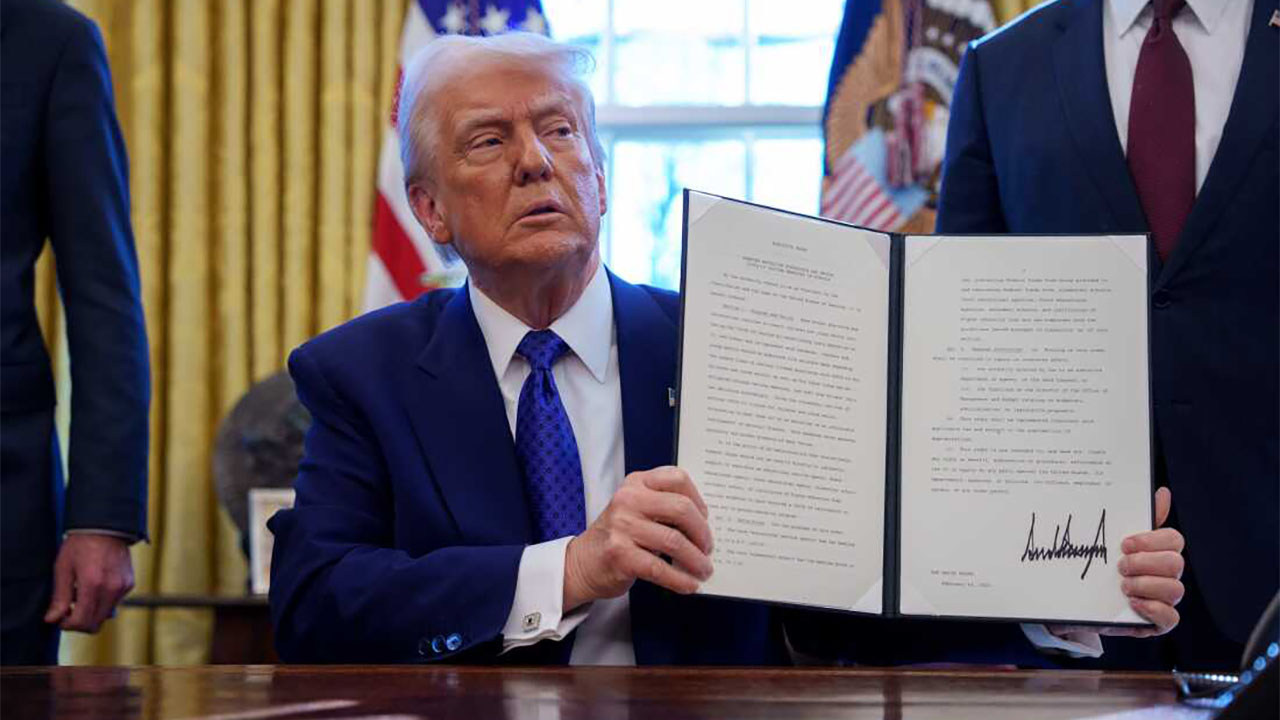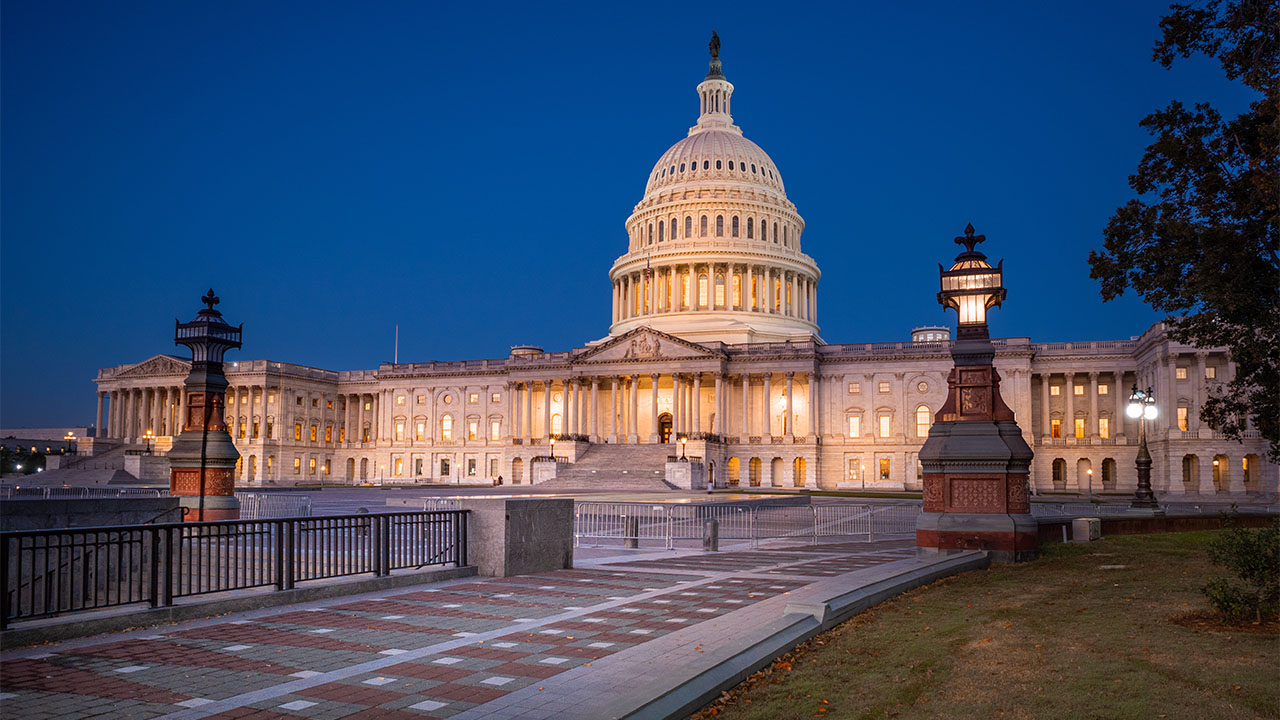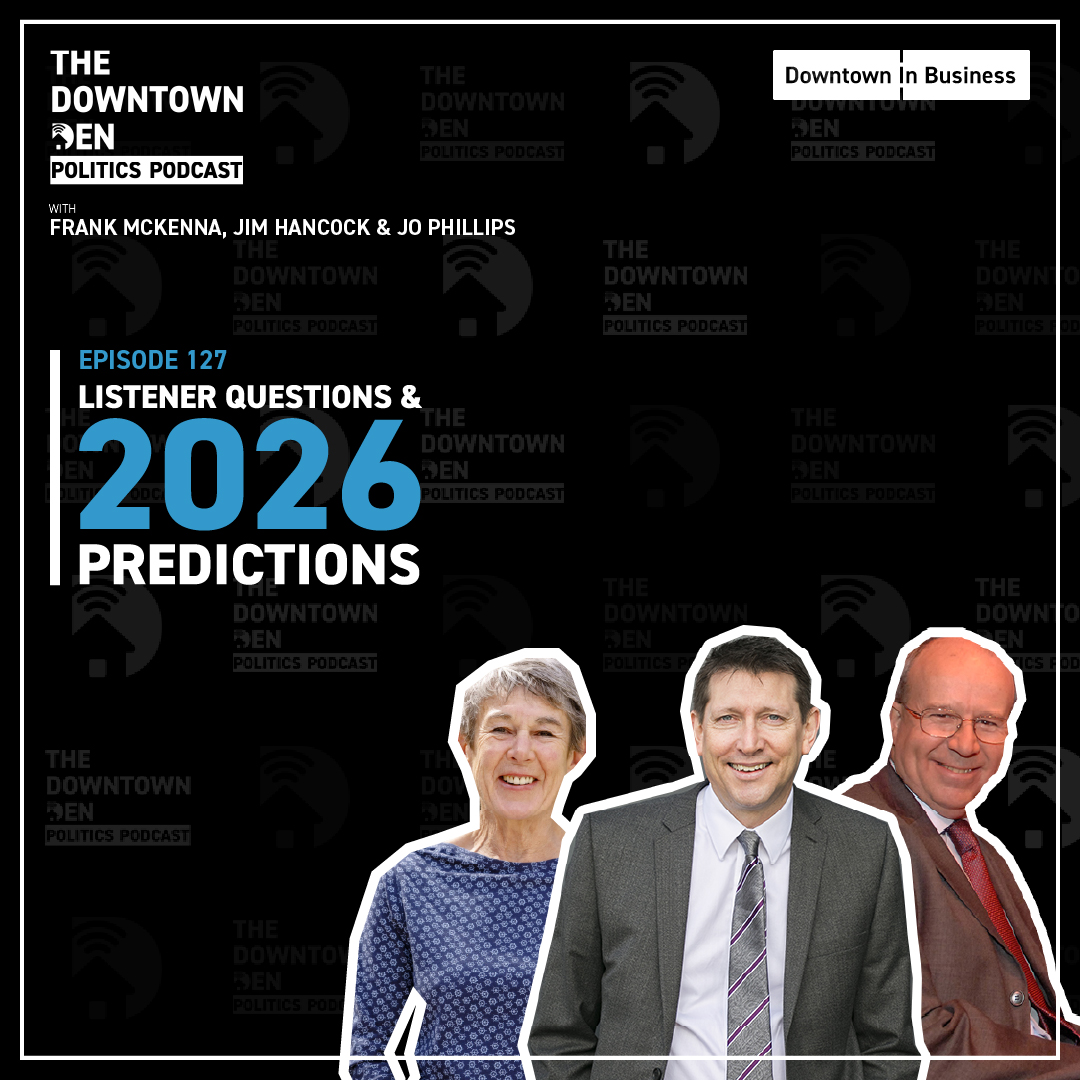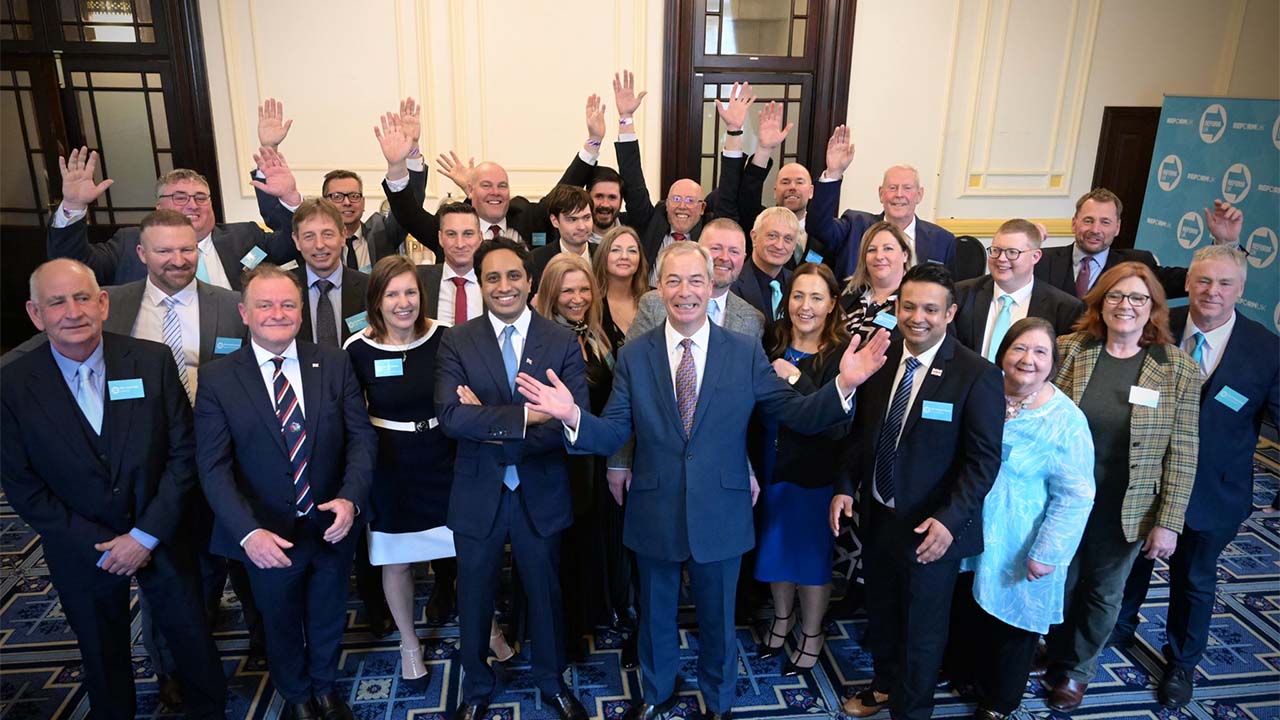To boldly go where no one has gone before.
The most famous split infinitive of all time could also be applied to the stock market choices American investors are facing right now.
The stock market is a mess, inflation is rising, and the value of our portfolios and pensions is uncertain.
While more traditional investors like me are heavy on stodgy consumer staples, pharma, energy and industrials – buying and holding the companies which make the things we use, sell them globally, and pay a dividend for good measure – the more adventurous are looking to plough their ‘hard-earned’ into the next big thing.
And those choices are increasingly about the ‘other-worldly’.
Facebook transformed itself from the owner of content rich, social media advertising platforms on everyone’s phone in everyone’s pocket into Meta, the ethereal dream world of its founder Mark Zuckerberg.
While the company was making money placing adverts on its various Facebook or Instagram or WhatsApp sites, its controlling shareholder wants to sink all that income into research and development of what he believes the future will be – the Metaverse, a hypothetical world built around virtual and augmented reality.
While Zuckerberg may, or may not, be right in the long run, analysts and market makers don’t see any upsides in the foreseeable future. They don’t see the Metaverse, as it’s been explained to them, delivering any commercial or technological success stories in the next 3, 5 or 10 years.
And with recession-wary investors focused on markets which measure success in quarters, Zuckerberg’s vision and strategy have been hammered in recent days.
Part of Meta’s bet is also a defensive play because they are worried about the continued rise and rise of Chinese owned TikTok and the recent changes Apple has made to its operating systems which prevent social media firms from gathering and accessing iphone-users’ personal data and preferences – critical to targeting advertising. But his plans to spend more than $37billion on researching the Metaverse without any discernible product or service pipeline has, understandably, been shunned by investors.
While Meta’s focus on virtual worlds has raised eyebrows, it doesn’t mean everyone else is anchored in the real world.
Space is also back in vogue.
In a little under a month’s time, assuming things stay on schedule, Artemis 1, the largest rocket to ever leave Planet Earth, will blast off from Kennedy Space Center here in Florida.
America’s investment in space travel and exploration is legendary. The Apollo program to put a man on the moon back in the sixties and seventies cost $158billion in today’s taxpayer money. It isn’t cheap to put hardware in orbit, and even more expensive to bring it safely back to earth again.
But while the Apollo program and to a lesser extent its offspring Saturn, was focused on engineering, climatology, material science and space exploration – what is out there? – the vast majority of recent orbital launches have been much more mundane, simply putting satellites and other hardware into space on behalf of tech companies as well as military and defence contractors.
Future space explorationwill have to be more reflective of that new reality and there are plenty of entrepreneurs willing to get involved. Amazon’s Jeff Bezos – a space fan – has channelled his inner Andrew Carnegie, claiming ‘space is the railroads and highways of the future’
Artemis 1 will be powered into space by SLS – Space Launch System – a super-heavy lift expendable launch vehicle – a rocket ship to you and me. But this will probably be the last of the government sponsored, Congress approved, spacecraft and its $30billion cost over-run and five-year delay has left it too expensive and built on out-of-date technology.
Increasing amounts of the space program will have to be provided by non-government players in the future.
Just last month, the private sector built and deployed a rocket to support NASA’s DART program – the one which blew up an asteroid – for less than $300million. The private sector has also delivered the CAPSTONE lunar flights and Ingenuity, a helicopter drone which flew across the surface of Mars too.
Lori Garver, a former NASA boss told CNBC “… today, we have private companies able to do the boring stuff, the launching.”
She went on to make the point that what is important to NASA isn’t the rockets but what is put on the rockets.
And while SLS is the only big rocket in play today, Elon Musk’s SpaceX are developing Spaceship to compete.
So if you must choose between the two ‘alternative worlds’ – the Metaverse or Space – my money would be on the latter.
While living in a virtual world inside a computer viewed through a headset may be attractive to gamers in west Africa or eastern China – it sounds hellish to me.
Alternatively. space exploration and travel – while still a futuristic reach – seems to have some very real benefits.
Morgan Stanley estimate the Space economy could be worth $1 trillion by 2040.
NASA is working with private companies like Space X, Boeing, Raytheon, Lockheed Martin, Airbus and Amazon’s Blue Origin. They are collaborating with the private sector on a voyage to an asteroid called Psyche 16 which scientists estimate contains 10-thousand-quadrillion dollars-worth of iron alone, enough to meet our terrestrial needs many times over.
Suddenly, you can see why private companies and investors are interested. The benefits of the new Space Race are very real.
Satellite broadband is expected to boom in the coming years. The demand for data is growing exponentially: driverless cars, underserved digital communities, the internet of things, artificial intelligence and even Zuckerberg’s Metaverse will all consume vast amounts of bandwidth. The race is on to provide that digital capability.
The defence community is also taking Space seriously – the US created Space Force the sixth branch of the military in 2019 and rising tension with China and Russia will probably lead to further investment over the near future.
Space is attracting money to enable tech, secure and defend our nation, identify solutions to climate change and provide alternatives to address energy security concerns.
The US will, undoubtedly, lead this new technology’s development and roll out.
But what does this mean for investors and speculators?
Those who get in at the right time might just see their fortunes stretch to infinity and beyond!













